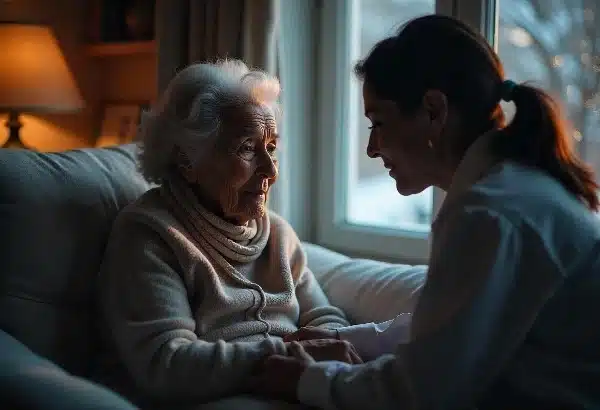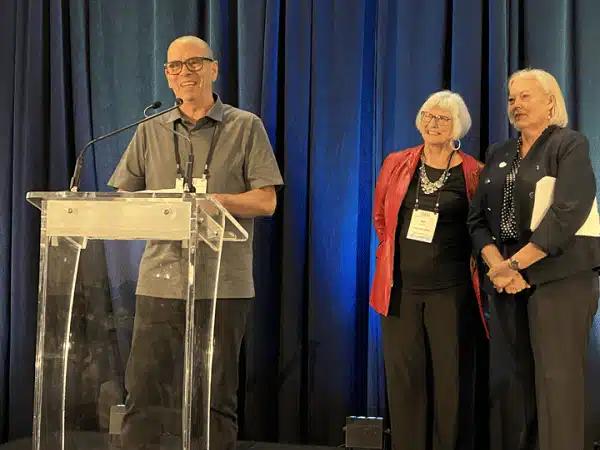[written by guest blogger Ann-Marie Gilbert]
A few weeks ago the CBC dedicated an hour of their news show “The Current” to talking about end of life care. On the heels of the news coverage surrounding Brittany Maynard’s right to die, it seems appropriate to talk about death, dying, quality of life and dying with dignity. Are Canadians talking about their preferences for death and dying? Dr. John You1 tells us that when Canadians are asked about their preferences, they generally prefer a care plan that does not include medical interventions.
“We actually went straight to pretty sick patients in Canadian hospitals as well as their family members and we asked them directly what their preferences would be for the kind of treatment they might want if they were to become really sick to the point of being life threatening. What they told us was they generally preferred a care plan that didn’t include resuscitation and other heroic measures and the majority wanted care that was focused on quality of life and comfort.” Dr. John You.
If you are one of those people that doesn’t want interventions, then this is the first reason for talking about your preferences.
Many of us will die after years of slow decline. What if you can no longer speak for yourself? That’s the second big reason.
Fortunately for Canadians there is The Speak Up Campaign from CHPCA. It provides a downloadable workbook to guide people through decision making for their own care at end of life care, death and dying. It encourages people to discuss these decisions and document their preferences, because there may come a time when we can no longer speak on our own behalf.
I’ll tell you a story of the Speak Up Workbook. My family and I used these resources a little over a year ago at Thanksgiving. We sat in a sunny dining room after breakfast, with our coffee cup and worked through the questions. Each of us wrote in our own workbook. We talked about our preferences for care, for Alternate Decision Makers and Advance Care Plans. Even funeral planning. Because no one was imminently dying the conversation was sort-of easy – it was hypothetical, calm, sometimes absurd and sometimes comical. I thought that was ok though, because these were tough topics to talk about, especially with your parents.
I was surprised by some of the answers others talked about. Whew it was a good thing we had talked together because there wasn’t any way I would have anticipated some of their choices!
It is now a year and a few months since we completed the Speak Up workbook together. Declining health in my parents prevents us from having this type of meaningful conversation now. That’s the third big reason to talk now about dying. I find comfort in knowing there is an Advance Care Plan in place to guide decision making. We know what they want.
If you are with family this holiday season or in the new year, consider taking time to talk about your preferences for death and dying with each other. Have a look at the Speak Up Workbook. Consider planning time to discuss it and work on it together.
It will be a priceless gift for you and for your family.
1 Associate Professor at McMaster University’s Michael G. DeGroote School of Medicine









